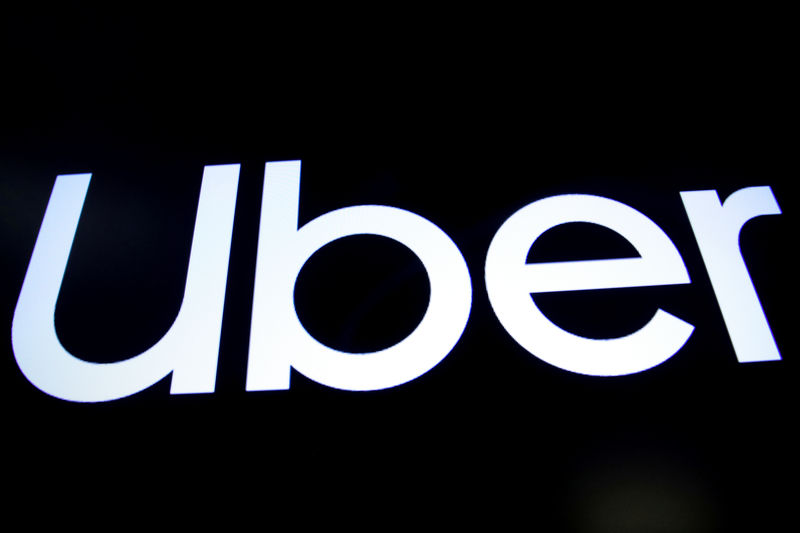LONDON (Reuters) - A British court threw out a case brought by minicab drivers seeking exemption from London's congestion charge on Wednesday, leaving in place the extra cost for drivers working for companies such as Uber (N:UBER).
The High Court ruled that the congestion charge did not amount to unlawful indirect discrimination, as argued by the Independent Workers' Union of Great Britain (IWGB).
The union said it would appeal the ruling, which upheld a decision by London's mayor Sadiq Khan against exempting private hire drivers - a majority of whom are from ethnic minorities - from the charge while drivers of London's traditional black cabs, who are mostly white, do not pay it.
Transport for London (TfL), the capital's transport authority, wants to cut the number of vehicles on the capital's roads which has surged partly due to the rise in popularity of taxi apps.
Uber said in April it would add an additional pound to the cost of journeys in central London to help drivers meet the 11.50 pound daily charge which will be applied from Monday to Friday during the day.
James Farrar, chair of the United Private Hire Drivers branch of IWGB, said the extra pound would not compensate drivers for the charge.
He said the High Court's ruling failed to assess proportionately the hit to drivers' incomes against the projected fall in vehicle numbers due to the charge.
London mayor Khan welcomed the ruling, saying it was "an important part of our plans both to reduce traffic volumes and congestion in London, whilst also reducing air pollution."
Uber was not involved in the case brought to the High Court, a spokeswoman for the company said.
